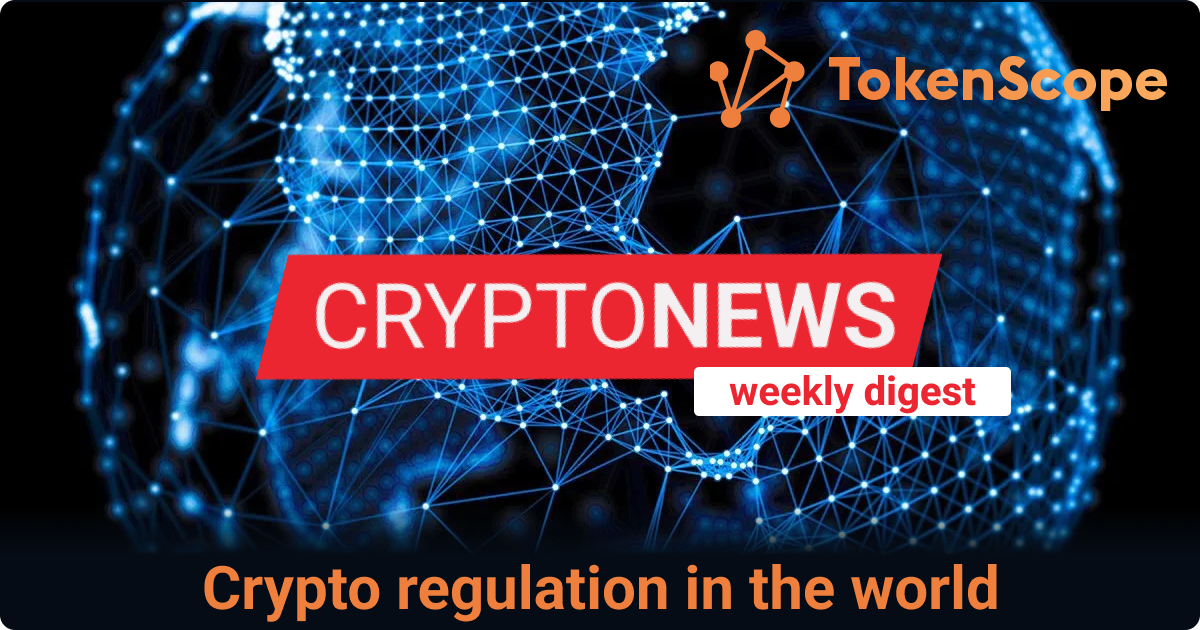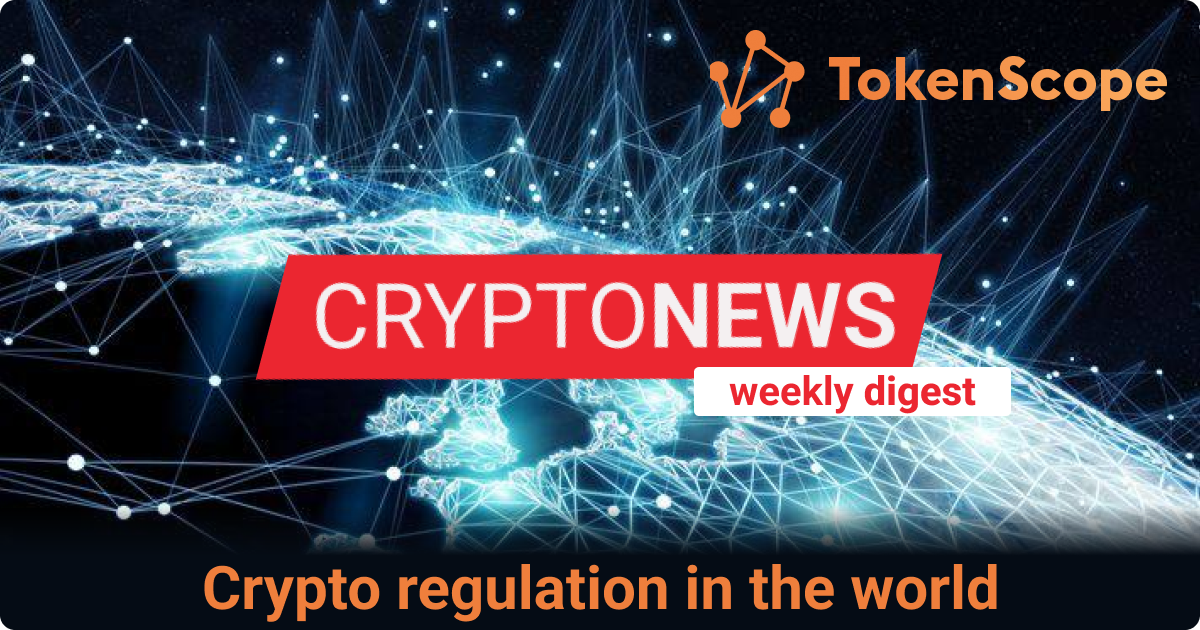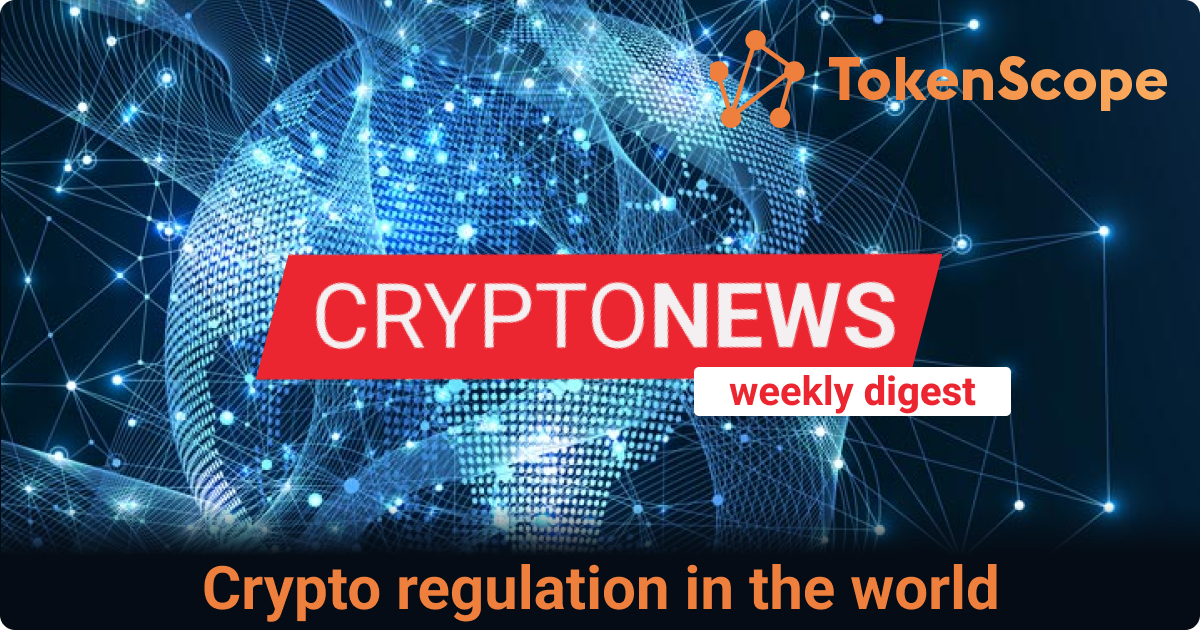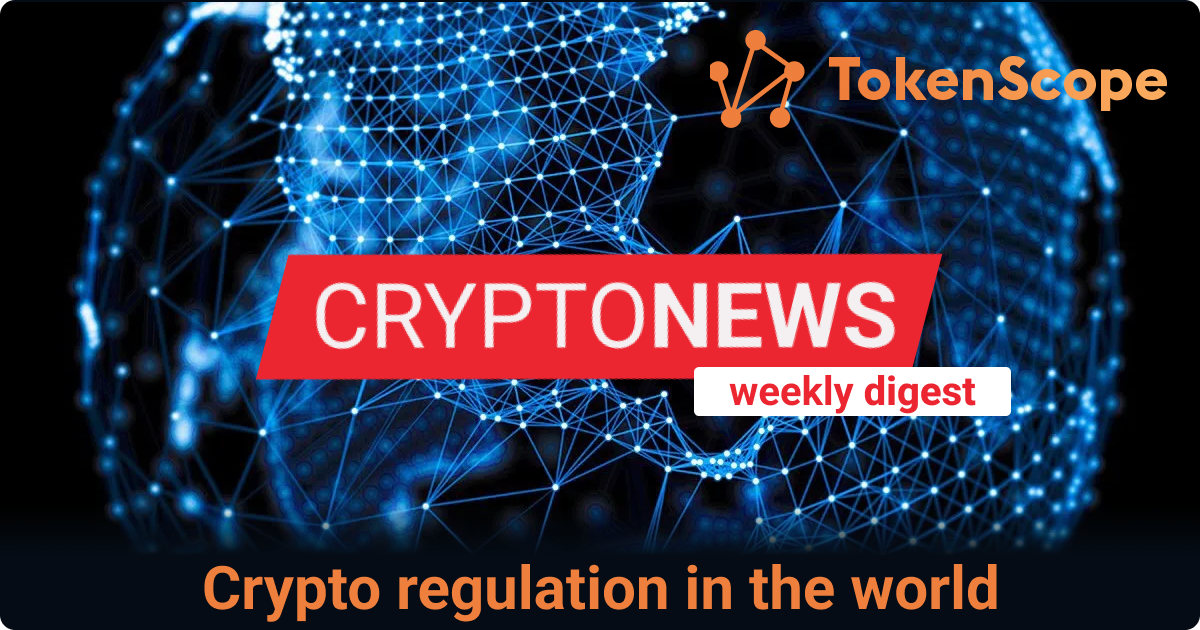Crypto regulation in the world: weekly digest #80
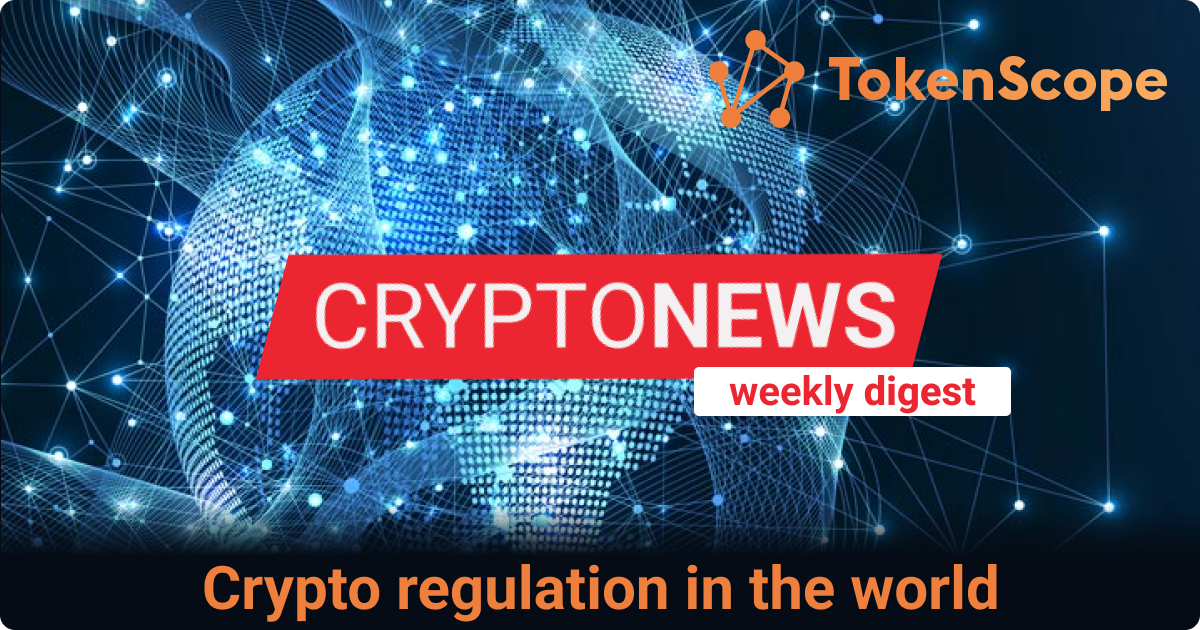
The UK
The UK government, through HM Treasury and the Bank of England, conducted a consultation on the potential introduction of a digital pound, a form of digital money for use by households and businesses. The consultation paper sets out the analysis and assessment of the case for a retail central bank digital currency (CBDC), or a «digital pound», which would be a new form of sterling, similar to a digital banknote, issued by the Bank of England. The consultation aimed to gather responses from the public, experts, and organizations to assess the potential need and implications of introducing a digital pound.
The consultation, which ran for a four-month period, received over 50,000 responses, demonstrating widespread interest and engagement with the proposals. The feedback from respondents from various industries and organizations was largely supportive, while some raised concerns about the implications of a digital pound for access to cash, users' privacy, and control of their money.
The government and the Bank of England have also reiterated their commitment to protecting access to cash, even if a digital pound were to be introduced. They have further committed to introducing primary legislation to guarantee users' privacy and control, and to conduct a further public consultation on the digital pound prior to its introduction. This is to provide both Parliament and the public with additional opportunities to express their views.
The consultation response document provides a detailed summary of the responses received and how they will influence the next phase of work. It also outlines the steps that the government and the Bank of England are taking to address the concerns raised and to build public trust in a potential digital pound. The decision on whether to launch a digital version of the pound is expected to be made in 2025 to 2026. The Bank of England and HM Treasury have not yet made a final decision on the potential launch of a digital pound, but work is ongoing in the design phase to develop it.
USA
Coinbase, the largest U.S. crypto exchange, is currently facing a lawsuit from the Securities and Exchange Commission (SEC) over allegations that the exchange is flouting securities laws. The SEC claims that Coinbase is operating as an unregistered broker-dealer and clearing agency, and that the tokens it listed are securities. Coinbase has pushed back on these claims, arguing that the tokens it listed are not securities and that the SEC's allegations are not supported by the investment contract test.
The case hinges on whether the transactions in a dozen crypto tokens traded on the U.S. exchange should be classified as securities. The SEC argues that each trade amounts to an investor buying into a token ecosystem, and if any of these transactions can be considered an investment contract, Coinbase has broken securities law. However, Coinbase contends that these are secondary-market trades in which no contract is in place, so they cannot be securities.
The ruling in this case will have significant implications for the crypto industry, as it will determine whether existing securities laws apply to crypto tokens and how they should be regulated. The SEC's stance on crypto securities has been criticized for being inconsistent and unclear, with some arguing that the regulator is trying to have its cake and eat it too. Coinbase has expressed a desire for more regulatory clarity and a clear path to registration for the parts of its business that need it.
The UAE
The Virtual Asset Regulatory Authority (VARA) in Dubai is responsible for regulating, supervising, and overseeing virtual assets and virtual asset activities in the Emirate of Dubai. VARA licenses firms in a series of stages, with the first broker-dealer minimum viable product operational license being awarded to BitOasis, a Middle East-focused crypto exchange based in the United Arab Emirates.
According to VARA, in 2023 the regulator awarded 19 VASP licenses, of which 11 are already operational. The regulatory authority has also issued 72 initial approvals to new entrants and has commenced licensing. VARA has issued 133 application acknowledgement notices and a total of 116 Proprietary Trading NOCs, with an additional 37 assessed and ready to be issued.
The VARA ecosystem aims to strike a balance between value creation, risk mitigation, and enhanced investment opportunities with consumer protection at its core. The regulator remains agile and collaborative, engaging in conversations with various stakeholders, from industry leaders and innovators to peer regulators and legislators.
